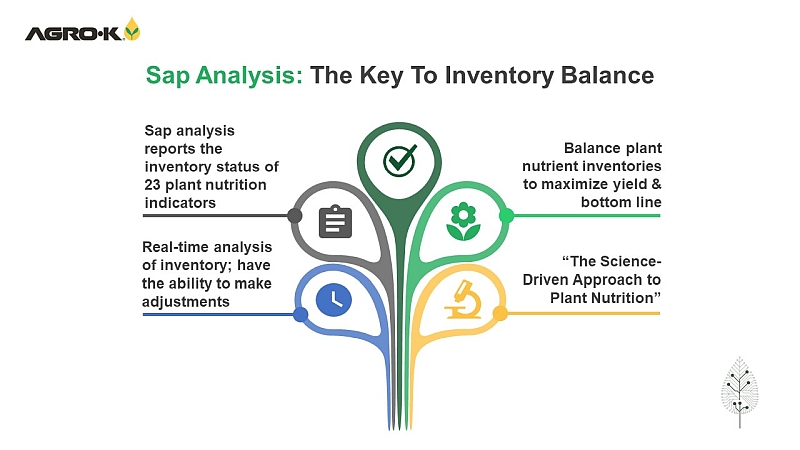Ignorance of Science Paradox a Pain in the Ag
With the increasing separation between the average American and agriculture — the farm-to-fork disconnect — we’ve become used to many consumers having some strange ideas about farming. I’ve even become somewhat used to so-called consumer advocates misrepresenting the relative value of consuming fresh fruits and vegetables in relation to the minute amounts of pesticide residues they may have, i.e. the “Dirty Dozen.” But getting used to ignorance about our food supply is one thing. When those most ignorant are also most strident, it’s just a shame.
According to a peer-reviewed paper published earlier this year in the journal Nature Human Behaviour, people who most intensely oppose genetically modified food think they know a lot about food science, but they actually know the least.
Genetically modified organisms (GMOs) are widely considered safe by scientists and, in fact, have been consumed by Americans for many years in the form of genetically modified corn and soybeans. In our industry, Okanagan Specialty Fruits Inc. (OSF) recently announced that its ‘Arctic Fuji’ apple has completed the voluntary review process with the FDA. The apple was deregulated by the USDA’s Animal and Plant Health Inspection Service (APHIS) in fall 2016.
The genetically modified ‘Arctic Fuji’ apple recently joined two other OSF releases, ‘Arctic Golden’ and ‘Arctic Granny,’ which were previously approved in 2015. Through biotechnology, the enzyme responsible for browning in Arctic apples has been turned off.
GMO opponents have said they want more science on the potential harm so that subjective arguments aren’t part of the equation. However, it doesn’t appear scientific facts about GMOs are going to do any good when it comes to these Luddites.
The survey, conducted by four universities and led by marketing researcher Phil Fernbach from the University of Colorado, Boulder, asked 2,000 people in Europe and the U.S. how much they knew about genetically modified food, what their opinion was, and how intense it was.
The researchers also tested their knowledge of science and genetics with a series of true-or-false statements. For example: “Ordinary tomatoes do not have genes, whereas genetically modified tomatoes do.” Or: “All plants and animals have DNA.”
The results were illuminating and even amusing at first blush — but in sum, extraordinarily disturbing. “As extremity of opposition to GM foods increased, objective knowledge of science and genetics decreased, but self-assessed knowledge increased,” the authors explain in their paper.
In other words, those who were the most strongly opposed to GM foods in the experiment tended to believe they were highly knowledgeable on the topic, but actually demonstrated decreased understanding of science and genetics compared to other participants.
“This result is perverse, but is consistent with previous research on the psychology of extremism,” Fernbach says. “Extreme views often stem from people feeling they understand complex topics better than they do.”
According to the team, results like this reveal a strange, self-perpetuating paradox that makes it difficult to confront the knowledge imbalance. The phenomenon — also known as the Dunning-Kruger effect — isn’t just confined to GM foods but can exist in other areas where people with extreme and overconfident views misconstrue science.
“Those with the strongest anti-consensus views are the most in need of education, but also the least likely to be receptive to learning; overconfidence about one’s knowledge is associated with decreased openness to new information,” the researchers explain.
The upshot is we simply might not want to waste time trying to convince these folks and, instead, may be better off educating Americans who have not made up their minds.









